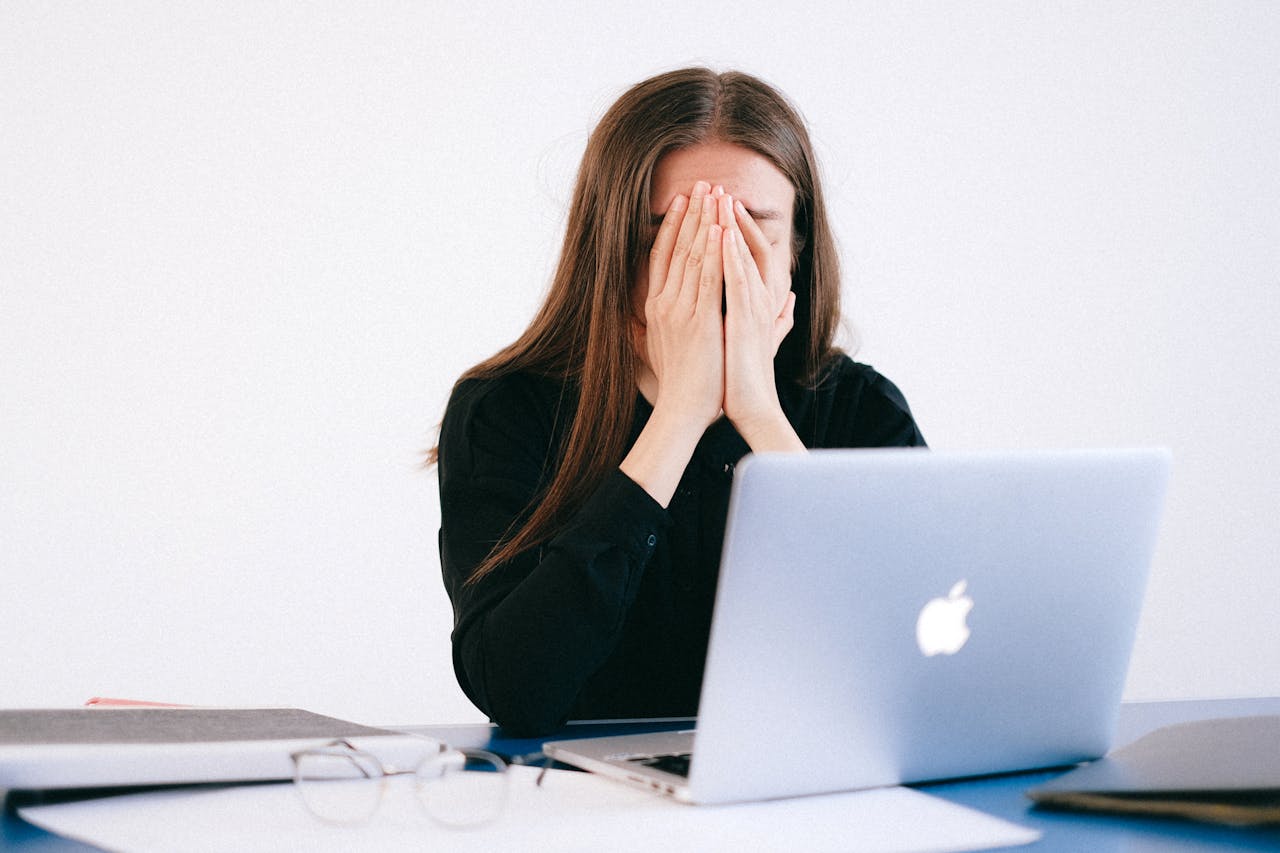
Persistent anxiety can be a debilitating experience for many individuals, significantly impacting daily life. Symptoms such as excessive worry, restlessness, and physical manifestations like increased heart rate can make even simple tasks overwhelming. Understanding and addressing the root causes of anxiety is important for developing coping strategies. Various approaches exist, each offering unique benefits to help mitigate symptoms. From therapy to lifestyle changes, exploring these methods can empower individuals to take charge of their anxiety.
Table of Contents
Understanding the Roots of Anxiety
Anxiety is often a response to stressors and can be linked to various triggers, including traumatic experiences, genetics, and environmental factors. Recognizing the underlying causes is a crucial step in addressing anxiety effectively. Cognitive-behavioral therapy (CBT) is a beneficial approach, helping individuals identify negative thought patterns and replace them with healthier ones.
This form of therapy emphasizes the connection between thoughts, feelings, and behaviors, making it highly effective for those struggling with persistent anxiety. Understanding that anxiety can stem from both internal and external influences is vital in developing a holistic treatment plan. By engaging in self-reflection and possibly journaling, individuals can better understand their triggers and responses.
Therapeutic Modalities for Anxiety Relief
Different therapeutic modalities can significantly help manage anxiety. Traditional therapies, such as one-on-one counseling, offer personalized approaches tailored to individual needs. Group therapy settings provide unique support networks and a sense of shared experience, which can be incredibly comforting. Mindfulness-based stress reduction (MBSR) is another method that focuses on present-moment awareness, which can help individuals detach from anxious thoughts.
Incorporating mindfulness practices like meditation or yoga may enhance emotional regulation and promote relaxation. Online platforms have emerged, offering easy access to therapy resources such as virtual sessions that help individuals fit treatment into their busy schedules. Many professionals are now responding to the increasing demand for convenient access by providing options that include treatment for anxiety disorder, allowing broader audiences to find relief. Finding the right therapeutic fit is critical, as personal preferences can influence success.
Pharmacological Interventions
While therapy remains a cornerstone for managing anxiety, pharmacological interventions are commonly utilized. Medications such as selective serotonin reuptake inhibitors (SSRIs) and benzodiazepines can help alleviate symptoms, and they carry potential side effects. Consulting with a healthcare provider is vital to assess the most suitable options based on individual circumstances.
Understanding how these medications work within the body can empower individuals to make informed choices regarding their treatment plans. Combining medication with therapy often yields the best outcomes, as they can work synergistically to enhance emotional stability. Regular follow-ups with healthcare professionals can help monitor the effects and adjust prescriptions as necessary.
Lifestyle Changes to Combat Anxiety
Modifying lifestyle habits can have a lasting impact on anxiety levels. Engaging in regular physical activity promotes the release of endorphins, natural chemicals in the brain that help elevate mood. Exercise, even in moderate forms like walking or dancing, can alleviate anxiety symptoms effectively. Prioritizing nutrition plays a significant role in emotional health.
Diets rich in omega-3 fatty acids, fruits, vegetables, and whole grains are linked to lower anxiety levels. Practicing good sleep hygiene is equally important, as poor sleep can exacerbate anxiety symptoms significantly. Establishing a consistent sleep schedule and creating a calming bedtime routine can enhance sleep quality. Social connections should not be overlooked, as spending time with loved ones can provide support and grounding during turbulent times.
Mindfulness and Relaxation Techniques
Incorporating mindfulness and relaxation techniques into daily routines fosters emotional resilience. Simple practices like deep breathing exercises or progressive muscle relaxation can help reduce physical tension and create a sense of calm. Cultivating mindfulness involves being present in the moment without judgment, which can effectively diminish anxious thoughts.
Engaging in guided imagery or visualization techniques may help transport one to more peaceful mental spaces, counteracting anxiety’s impact. Journaling can serve as an effective mindful practice, allowing individuals to articulate their feelings and thoughts through writing. Such practices underscore the significance of self-awareness and help individuals regain a sense of control. By integrating mindfulness into everyday life, individuals build a toolkit of skills to navigate anxious moments proactively.
Seeking Support from Peers
The importance of peer support cannot be underestimated in managing anxiety. Joining support groups, either in-person or online, can provide individuals with a unique platform to share their experiences and learn from others facing similar challenges. Feeling validated and understood within a community fosters a sense of belonging, helping alleviate feelings of isolation. It can be empowering to hear different coping strategies and success stories from peers.
Friends and family can play vital roles in emotional support. Encouraging open conversations about mental health helps dismantle stigma surrounding anxiety. Creating an environment where individuals feel safe discussing their struggles can greatly contribute to their healing journey.

Understanding the roots of anxiety allows for effective coping strategies, while therapeutic modalities and pharmacological interventions offer valuable avenues for relief. Lifestyle changes, along with mindfulness practices, foster resilience, empowering individuals to navigate through anxious moments. Support from peers and exploring holistic approaches can enrich the journey towards emotional well-being. By integrating these methods into daily life, individuals can reclaim control over their mental health, diminishing the pervasive hold that anxiety can have.


